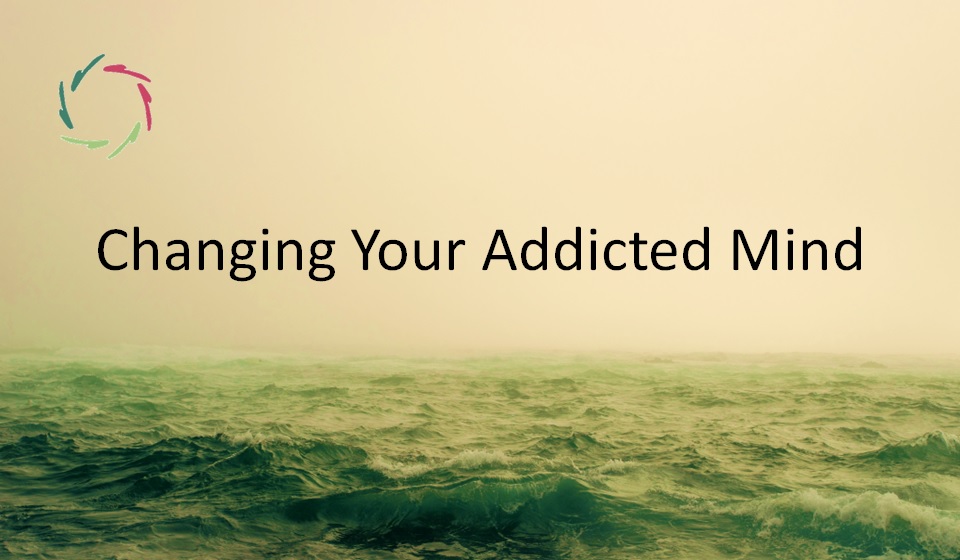Compassion over Addiction

Addiction and Compassion (with capital C) are subconceptual happenings. Thus, they belong to the same domain and which is different from the merely conceptual one. This opens specific perspectives.
Please make sure to read first:
- [see: “Essence of Compassion”]
- [see: “Addiction: in Search of Deeper Meaning”]
- [see: “About ‘Subconceptual’”]
Also, please follow the other links in this text at your pace.
Some notify me that I may expect much from people. Sorry about that. Some things aren’t easy. Yet, I hope you’ll feel rewarded. Even more, I hope you’ll be somewhat empowered through reading this and through contemplating what it might mean to you even though the solution, of course, is not present within this text.
Forget the triune brain and most related stuff.
[see: “The Brainy Trinity”]
In the worst case, it makes one feel either guilty or powerless for nothing. [see: “You Are Not Your Enemy”]
Besides, it has been overhauled by science for almost 50 years. It lives on only because it is culturally – wrongfully – sanctioned.
Neuronally
Ultimately, addiction lies in the constellation of mental-neuronal patterns. [see: “Patterns in Neurophysiology”] Therefore, it is physically ingrained, even when it is supposed to be an ‘only psychological addiction.’ The difference with a so-called ‘physical addiction’ is qualitative yet should be seen within the same body-mind-unity.
Thus, any help that doesn’t reach as deeply as the neuronal-pattern level will not be sustainably adequate. It will be cosmetic.
Willpower?
Through sheer willpower, you don’t reach the neuronal-pattern level in any efficient way. Think of the powerful placebo effect, which one cannot elicit through any degree of sheer willpower. [see: “About < Placebo> In-Depth“] It’s like trying to use pebbles where water is needed. That only seems to work when water comes together with the pebbles. Otherwise, forget it.
Willpower is needed to use the water, not to replace it. [see: “‘Willpower’”]
An aggressive fight against addiction may even strengthen it as part of the whirlpool that lies at the basis of many people’s addiction. Additionally, it may heighten withdrawal symptoms, giving the impression that the addiction is more robust than it truly is.
In short, any aggressive use of willpower may transform it into additional energy that gets into the whirlpool. I suggest not uncautiously adding to that.
The alternative: Compassion
True Compassion reaches the neuronal-pattern level.
If this seems easy to someone, then someone is wrong again. Yet, the difficulty lies at a different level than the one on which many people ‘fight the addiction.’
Which may be utterly confusing ― which may also be the main reason why many addicted people are reluctant to fight-prone rehab while many others think it is the only viable way.
Even if you fight against the addiction, then please do so Compassionately, not aggressively. For this, of course, pretty deep insight is needed.
The preferable direction is not from the outside in. It is from the inside out: a truly Compassionate direction that anyone can well work on with the correct tools and support. I think it is, eventually, the most profoundly humane way. [see: “Only Compassion Works”]
In any case, it is the AURELIS way.


